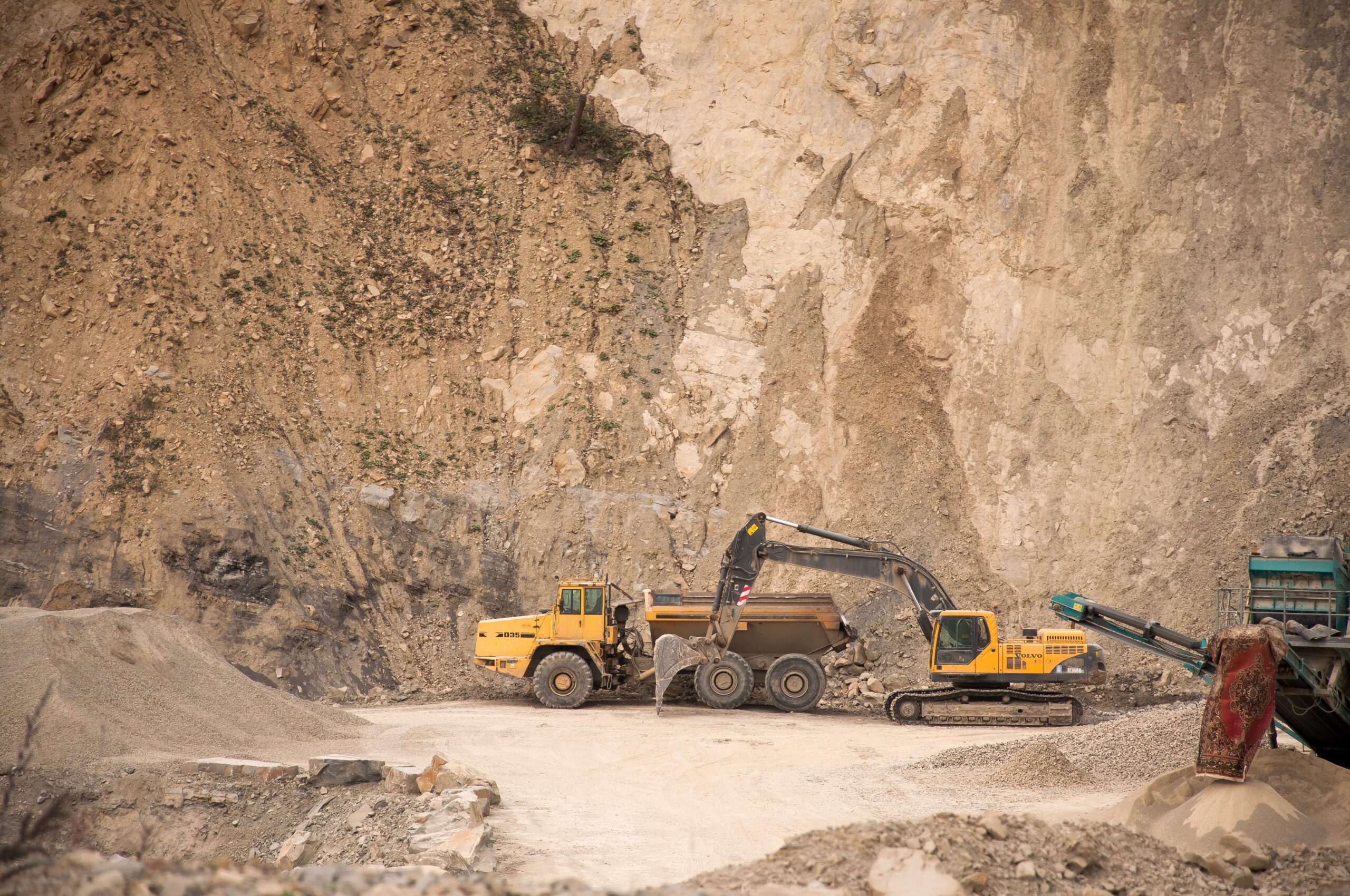The financial system of Georgia is heavily reliant on the transportation sector, and central transport trucking job positions are quintessential to the clean glide of commodities. Georgia affords masses of probabilities for certified truck drivers looking for to set up impervious and gratifying careers as the want for transportation offerings increases. Our strong point at Talon Recruiting is matching specialists with the exceptional central transport trucking positions in Georgia so they might also discover the best match in this fast-paced sector. The Facts That Make Georgia a Great Place for Central Transport Trucking Georgia’s well-connected infrastructure makes it a fundamental logistics hub in the Southeast. The Port of Savannah and the most important highways like I-75, I-85, and I-20 make the kingdom an indispensable hyperlink in the countrywide grant chain. The profitability of sectors consisting of retail, industry, and agriculture relies upon central transport trucking jobs in Georgia, which vary from transporting freight throughout kingdom boundaries to handing over gadgets to nearby firms. This ability that truck drivers have a plethora of employment options. To
Hiring terrific human beings is essential for heavy equipment tasks to prevail and for operations to run smoothly. In infrastructure development, mining, and construction, it is imperative to have educated personnel who can efficiently function and preserve giant machines. At Talon Recruiting, we are conscious of the precise difficulties in discovering elite candidates in this area of interest market. A heavy gear brain acquisition specialist’s function will become extraordinarily valuable at that point. The Requirement for Talent with Specialization Many organizations remember heavy equipment to propel productiveness and assure the accomplishment of complex operations. However, who operates and keeps these gear has a huge impact on how high quality they are. Heavy tools hiring, in distinction to everyday recruitment, necessitates a thorough comprehension of the specific abilities, credentials, and work records required to be successful in these positions. The sole purpose of a heavy gear Genius acquisition expert is to discover and rent expert people who have journey running complicated gear. This understanding ensures that companies hire human beings to enhance safety, efficiency, and the
As talented individuals, the mining sector provides many prospects, ranging from environmental scientists and heavy equipment operators to geologists and engineers. Finding the ideal position in this niche industry can be difficult, but Talon Recruiting is a leading hiring firm committed to matching bright people with top companies. This is why Talon is the most excellent job option in this sector. Industry Expertise We have recently worked with businesses and job seekers, so we thoroughly understand the mining sector. Our recruitment specialists are well-versed in the different tasks available in the industry, the necessary qualifications, and the particular difficulties these careers provide. Because of our experience, we offer job seekers individualized advice and ensure that the positions we match them with fit their professional objectives and skill set. Extensive Network One of the main benefits of working with Talon Recruiting is our vast network of contacts inside the mining industry. We have developed solid ties with top businesses, ranging from substantial global conglomerates to niche enterprises. Our relationships provide us access to job possibilities that
In recent years, the global push towards sustainability has reached even the most traditionally resource-intensive sectors, including heavy industry. As one of the largest consumers of energy and raw materials, the heavy industry sector has a significant role to play in the global sustainability movement. Adopting sustainable practices not only helps protect the environment but also enhances efficiency, reduces costs, and improves industry reputation. In this blog, we explore various sustainable practices being implemented in heavy industry and their impact on the sector. The Importance of Sustainability in Heavy Industry Heavy industry encompasses sectors such as manufacturing, mining, construction, and transportation, all of which have traditionally been associated with high levels of energy consumption, greenhouse gas emissions, and waste generation. However, the imperative to combat climate change, conserve natural resources, and reduce pollution has driven these industries to adopt more sustainable practices. These efforts are crucial for: Environmental Protection: Reducing emissions, minimizing waste, and conserving resources help mitigate the environmental impact of heavy industry activities. Regulatory Compliance: Governments worldwide are implementing stricter
The digital age has revolutionized many industries, and heavy industry is no exception. Traditionally reliant on physical labor and mechanical processes, heavy industry is now experiencing a transformation driven by smart technologies. These advancements are not only enhancing efficiency and productivity but also improving safety and sustainability. In this blog, we explore how heavy industry is embracing smart technologies and the impact these innovations are having on the sector. The Rise of Smart Technologies in Heavy Industry Smart technologies, encompassing the Internet of Things (IoT), artificial intelligence (AI), machine learning, and advanced data analytics, are being increasingly integrated into heavy industry operations. These technologies enable machinery, equipment, and systems to communicate, analyze data, and make decisions in real time. The result is a more interconnected and intelligent industrial environment. Key Smart Technologies Transforming Heavy Industry Internet of Things (IoT) Remote Monitoring and Maintenance: IoT devices allow for continuous monitoring of machinery and equipment. Sensors collect data on performance, wear and tear, and potential issues, enabling predictive maintenance. This reduces downtime and extends the lifespan





